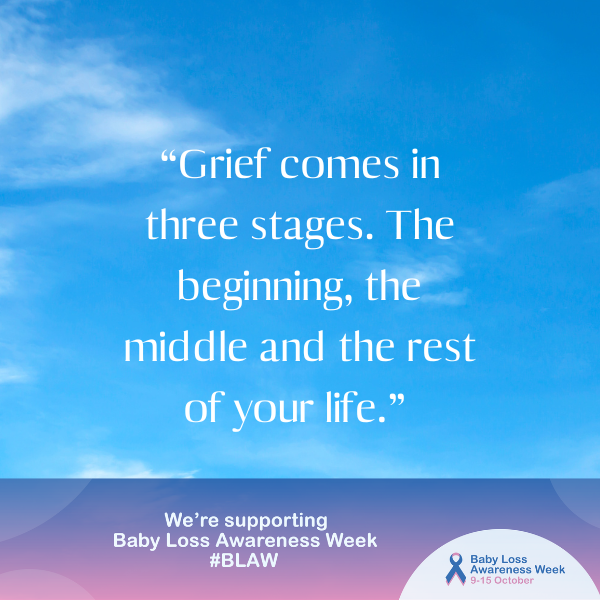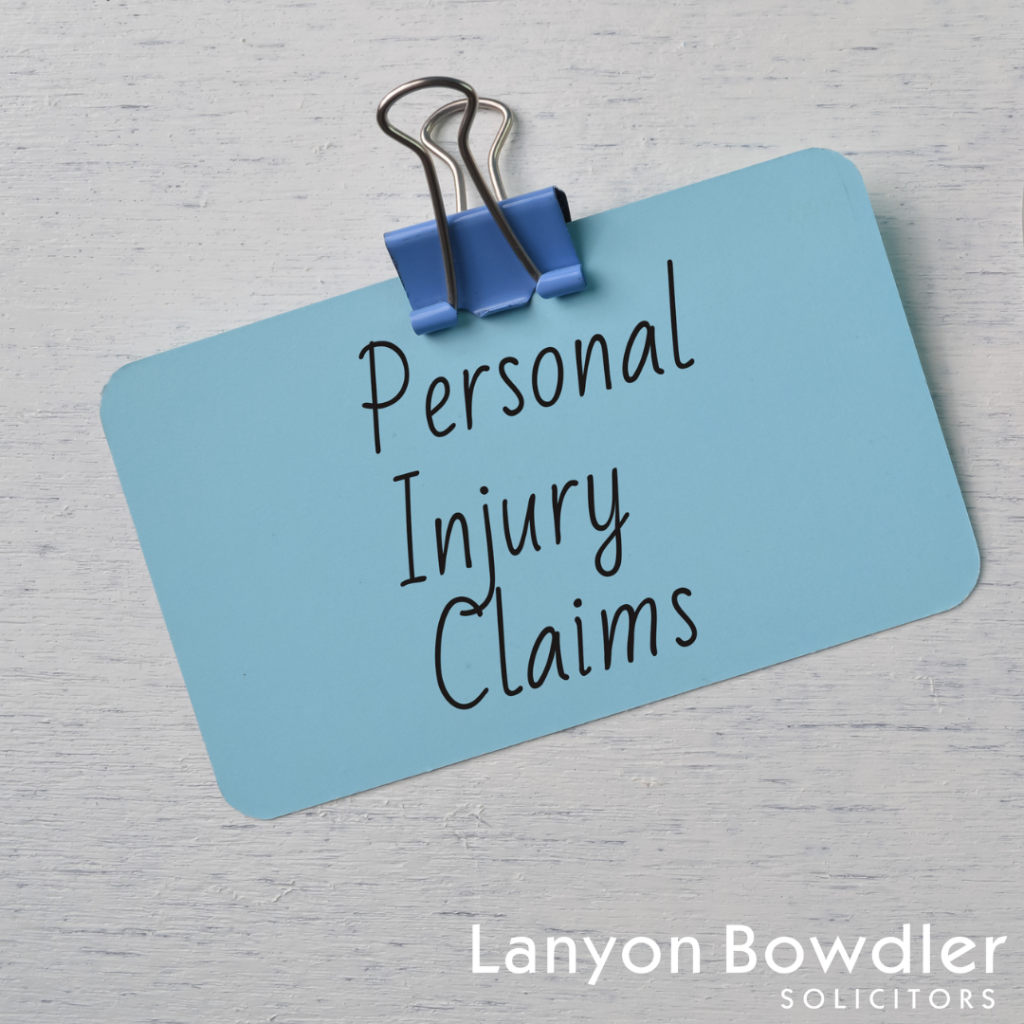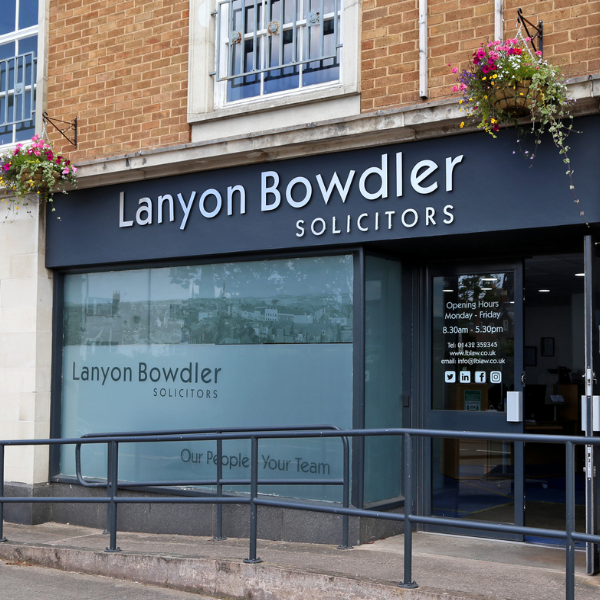Baby Loss Awareness Week – Poem by a Client
 Blog
Blog

 Blog
Blog

Breast Cancer Awareness Month: October 2025
 Blog
Blog

The Origin of Trusts and How Will Trusts Can Benefit You
 Blog
Blog

Headlight Dazzle on Motorists: A Growing Concern for Road Safety
 Podcast
Podcast

Anna Redding Interviews Ackley Bridge Star Sam Retford
 Podcast
Podcast

The Role of Legal Support Assistants in the Residential Property Team: Chloe Thomas and Florence Proctor
 Blog
Blog

Why Searches and Surveys Are Essential When Buying a Home
 Podcast
Podcast

Her Legal Story: Sophie Burgoyne
 Blog
Blog

Personal Injury: The Impact of Social Media and what Claimants Need to Know
 Blog
Blog

Deed of Variation for a Will: What is a Deed of Variation?
 Podcast
Podcast

Farming Tenancies : Katie Baker and Toby Williams
 Podcast
Podcast

Will the Law Commission’s Proposal for Changes to Wills Make the Vulnerable More Vulnerable? : Edward Rees and Sophie Burgoyne
 Podcast
Podcast

Her Legal Story: Kate Lawson
 Podcast
Podcast

Divorcing or Separating and Property – Things to consider: Caroline Yorke and Kaylee Evans
 Podcast
Podcast

Her Legal Story: Gráinne Walters
 Podcast
Podcast

Update on the Changes to IHT for Farmers & Business Owners : Edward Rees and Sophie Burgoyne
 Blog
Blog

Personal Injury Claims: Encouraging Victims to Access the Justice They Deserve
 Podcast
Podcast

Her Legal Story: Karen Clarke
 Blog
Blog

Vicarious Trauma – An Example of How It Can Affect You
 Blog
Blog

My Work Experience: 14 – 18 July at Lanyon Bowdler by Lucy Malin
Our awards and accolades.
Get in touch.
If you have a particular area of law you would like to discuss, please feel free to get in touch with the team, by using our online form below.
"*" indicates required fields

 Back
Back










